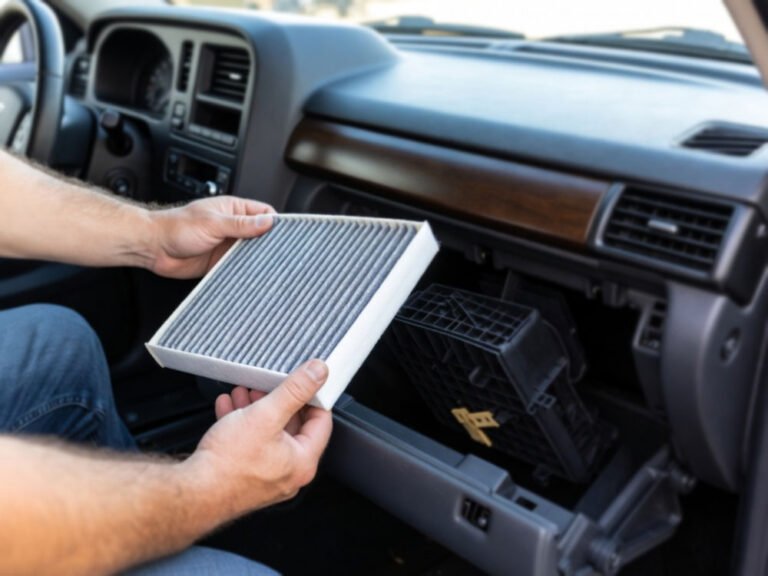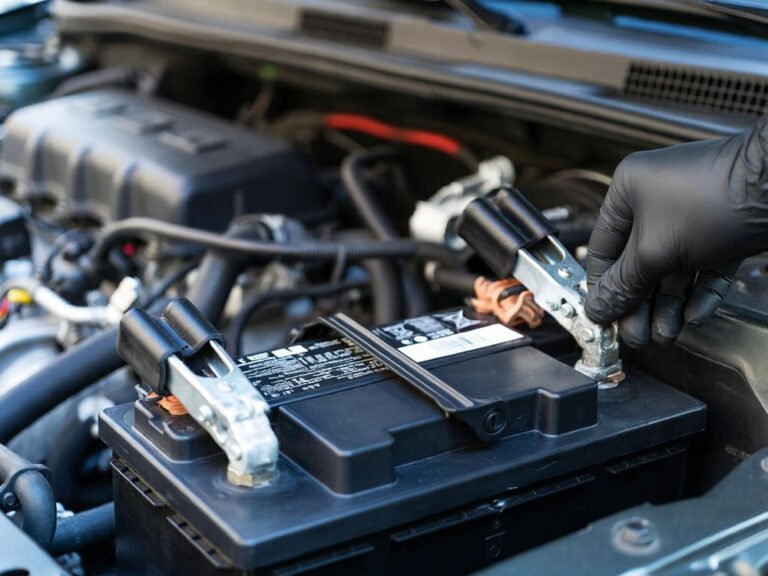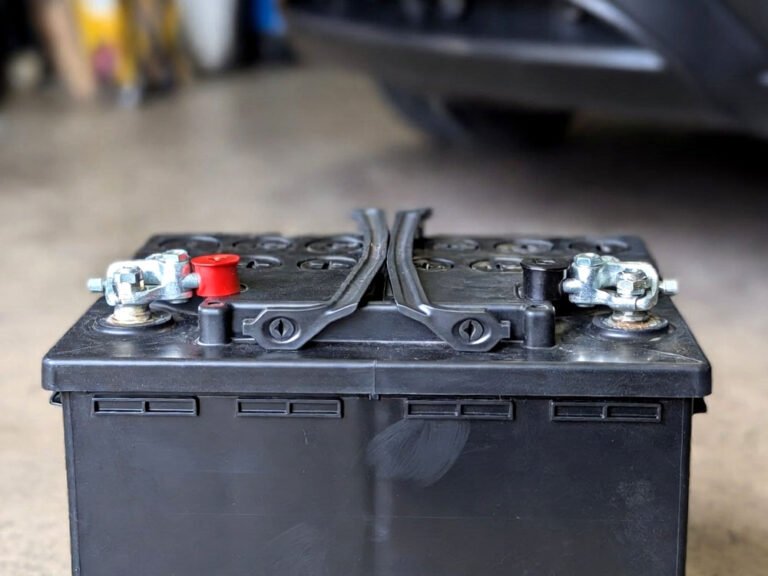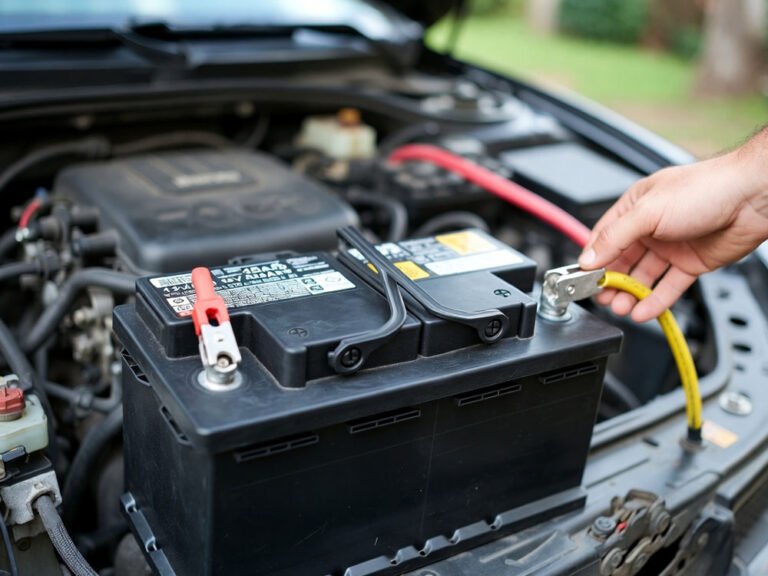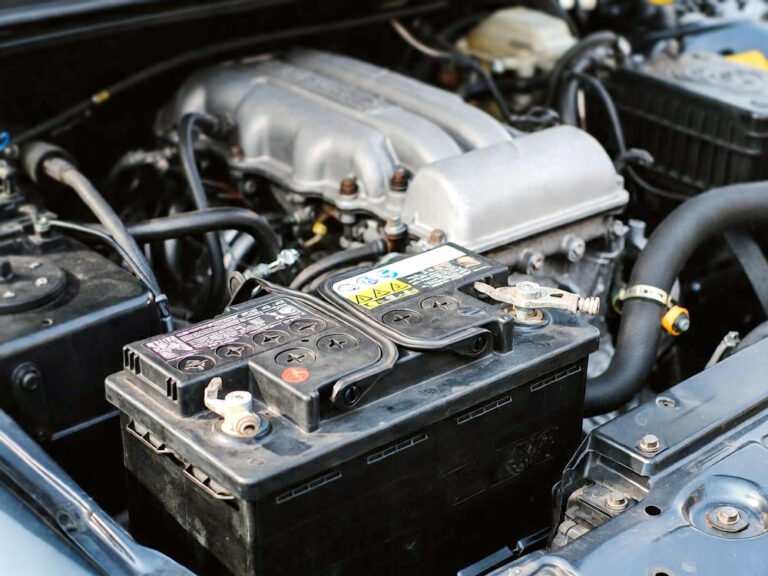Are you tired of struggling with your Volvo XC60’s stiff steering? Does it feel like every turn is harder than it should be? You are not alone! Many owners face power steering problems that can be frustrating and dangerous. In this article, we will explore why this happens and how to fix it. You’ll get expert advice, easy tips, and real solutions to keep your driving smooth and safe.
Understanding Volvo XC60 Power Steering Issues
Recognizing Common Symptoms
Power steering problems often start slowly, so you might not notice them immediately. The steering wheel may feel heavy or jerky when turning, especially at low speeds. You might also hear whining or squealing noises from the front of your car when you turn. Sometimes, fluid leaks under the vehicle can signal a problem. These signs should never be ignored because they can lead to bigger, costly issues.
Additionally, some drivers experience vibration in the steering wheel. This usually happens when the power steering system struggles to operate correctly. Another symptom is uneven steering response. The wheel may turn less than expected or feel uneven when you move it. Paying attention to these small changes can save you from accidents and expensive repairs later.
To handle these problems, first check the power steering fluid. Low fluid is a common cause and can be topped up easily. If the fluid level is fine, listen carefully for unusual noises. Noises often point to a failing pump or worn-out components. Lastly, if the steering is stiff or unresponsive, it could be an electrical or mechanical failure in the system.
- Heavy or stiff steering
- Whining or squealing noises
- Fluid leaks under the car
- Vibration in the steering wheel
- Uneven steering response
- Possible electrical or mechanical issues
Inspecting the Power Steering Fluid
The first thing you should do is check the fluid level. Open the hood and locate the power steering reservoir. Make sure the fluid is between the minimum and maximum lines. If it is low, refill with the manufacturer-recommended fluid. Always check for leaks around hoses, connections, or the pump. Leaks can lower fluid and reduce steering performance.
Old or dirty fluid can also cause problems. Over time, debris builds up and clogs the system. Flushing the old fluid and replacing it with fresh fluid can restore smooth steering. Be careful not to overfill the reservoir, as this can damage the pump. Also, avoid using the wrong type of fluid, because it may harm seals and hoses.
Regularly inspecting the fluid is a simple preventive step. It keeps your system healthy and avoids sudden failures. You can even set a monthly check routine. This habit saves time, money, and stress in the long run. Remember, clean fluid and no leaks are key for a Volvo XC60’s power steering system.
- Check fluid level regularly
- Refill with correct fluid type
- Inspect hoses and connections
- Flush old fluid if dirty
- Avoid overfilling the reservoir
- Preventive maintenance saves money
Diagnosing Power Steering Pump Issues
The power steering pump is critical. It pushes fluid through the system to make steering easier. When the pump fails, steering becomes heavy or noisy. One common symptom is whining noise that changes with engine speed. Another sign is a sudden loss of power assist when turning. This indicates the pump may be weak or failing.
Sometimes, air gets trapped in the system, causing strange noises and poor performance. Bleeding the system can remove air and restore normal operation. Also, worn-out belts can reduce pump performance. Inspect the serpentine belt for cracks or looseness. Replacing a damaged belt often solves the problem immediately.
Pump failure can be gradual or sudden. Regular checks and listening for unusual sounds help catch issues early. If the pump is completely worn, replacing it is necessary. Always use OEM or high-quality parts to ensure reliability. This keeps your steering safe, smooth, and predictable on every drive.
- Whining or groaning noises
- Sudden heavy steering
- Air trapped in the system
- Inspect and replace worn belts
- Pump replacement may be required
- Use high-quality replacement parts
Checking Steering Rack and Hoses
The steering rack transfers motion from the steering wheel to the wheels. If it is worn or damaged, the steering may feel loose or stiff. Leaks from the rack can lower fluid and cause poor performance. Hoses carry fluid to the pump and rack, so cracks or leaks also create problems. Inspect these parts carefully.
Hoses should be flexible but firm. Over time, heat and pressure can make them brittle. Replace hoses that show any signs of wear. Similarly, check the rack for fluid leaks or physical damage. A failing rack may need repair or full replacement. It is also important to check mounting points to ensure the rack is secure.
Proper maintenance of the rack and hoses improves overall steering reliability. You can catch small leaks before they turn into big failures. This prevents steering stiffness, unusual noises, or complete loss of power assist. Keeping these components in top shape ensures safer driving and better control.
- Inspect steering rack for damage
- Check hoses for cracks or leaks
- Replace brittle or worn hoses
- Ensure rack is securely mounted
- Prevent fluid loss and performance issues
- Maintain steering reliability
Electrical Power Steering Inspection
Modern Volvo XC60s often use electrical power steering (EPS). EPS problems can cause sudden loss of assist or warning lights on the dashboard. Electrical faults may be caused by sensors, wiring issues, or the motor itself. Diagnosing EPS problems often requires scanning tools to read fault codes.
Sometimes, the steering may feel jerky or inconsistent. This can happen if the motor or sensors are failing. Loose connections or corroded wires may also disrupt the system. Inspect wiring carefully and clean any corroded contacts. Resetting the system after repairs often restores normal operation.
Electrical steering failures are less common but more complex. Early detection is key to avoiding accidents. If you notice warning lights or unusual steering feel, have the vehicle inspected by a qualified technician. Using genuine or approved replacement parts is critical for safety and reliability.
- Warning lights on dashboard
- Jerky or inconsistent steering
- Inspect wiring and sensors
- Clean corroded connections
- Use genuine replacement parts
- Early detection prevents accidents
Maintaining and Preventing Future Problems
Preventing power steering problems is easier than fixing them. Regular maintenance is essential. Check fluid levels monthly and inspect hoses, belts, and connections. Listen for unusual noises when turning the wheel. Catching issues early saves money and ensures safety.
Driving habits also affect the system. Avoid holding the steering wheel at full lock for long periods. This can strain the pump and hoses. Keep the steering clean and free from debris. Using the correct fluid type and changing it as recommended prolongs system life. Preventive care reduces stress and keeps your Volvo XC60 smooth and reliable.
- Monthly fluid checks
- Inspect hoses, belts, and connections
- Listen for unusual noises
- Avoid holding wheel at full lock
- Use correct fluid type
- Follow manufacturer maintenance schedule
| Issue | Possible Cause | Solution | Notes |
|---|---|---|---|
| Heavy steering | Low fluid | Refill reservoir | Check for leaks |
| Whining noise | Worn pump | Replace pump | OEM recommended |
| Fluid leak | Damaged hose/rack | Replace hose/rack | Inspect mounts |
| Steering vibration | Air in system | Bleed system | Check pump |
| EPS warning | Faulty sensor | Repair/replace sensor | Use scanner |
| Jerky steering | Electrical fault | Inspect wiring | Clean connections |
How to Reduce Steering Noise in Volvo XC60
Steering noise is annoying and can indicate a deeper problem. Common causes include low fluid, worn pump, or air in the system. First, check fluid level and refill if necessary. Then, inspect the pump and hoses for wear. Any leaks should be repaired immediately to prevent more noise.
Air trapped in the system can also make whining sounds. Bleeding the system is a simple solution. Inspect belts for cracks or looseness, as worn belts contribute to noise. Regular maintenance, such as fluid changes and hose inspections, can prevent future problems. Using high-quality fluid also keeps the system quiet and smooth.
Driving habits matter too. Avoid turning the wheel abruptly at low speeds. Gentle steering reduces stress on the system and lowers noise. If noises persist despite maintenance, it may be time for professional inspection. Replacing worn parts with OEM components ensures long-lasting quiet performance.
- Check fluid level
- Inspect pump and hoses
- Repair leaks immediately
- Bleed trapped air from system
- Inspect and replace belts if needed
- Maintain gentle driving habits
Common Causes of Power Steering Fluid Leaks
Fluid leaks are one of the most frequent issues in Volvo XC60 power steering. Hoses, connections, and the steering rack are common sources. Low fluid can cause heavy steering, noises, and poor performance. Always inspect areas under the hood and beneath the car for wet spots.
Old or brittle hoses often crack, creating small leaks. Replacing them early prevents bigger problems. Connections may loosen over time, allowing fluid to escape. Tightening or replacing seals can stop leaks. The steering rack itself can also fail and leak. Professional repair may be necessary for a full replacement.
Regular inspections are crucial. Monthly checks can identify leaks before they affect steering. Use the correct fluid type and avoid overfilling. This protects seals and hoses. A well-maintained system ensures smooth, safe, and predictable steering for years.
- Inspect hoses, connections, and rack
- Replace brittle hoses
- Tighten loose connections
- Repair or replace seals
- Use correct fluid type
- Monthly maintenance prevents leaks
Signs of a Failing Power Steering Pump
A failing pump reduces fluid pressure and makes steering difficult. Common signs include whining noises, heavy steering, and occasional jerks. Sudden steering failure may occur if the pump stops working completely. Regularly listening for unusual sounds helps detect issues early.
Check belts for wear because they drive the pump. Worn belts reduce pressure and cause noise. Also, inspect for leaks around the pump. Old fluid can clog the pump and decrease efficiency. Flushing the system and replacing worn components restores smooth steering. Early detection avoids costly repairs and ensures driving safety.
- Heavy or difficult steering
- Whining or groaning noises
- Sudden loss of power assist
- Inspect and replace worn belts
- Check for leaks around pump
- Flush old fluid and maintain regularly
Final Thoughts
Volvo XC60 power steering problems can be frustrating but manageable. Regular maintenance, careful inspections, and timely repairs keep your steering smooth and safe. Paying attention to fluid levels, hoses, pumps, and electrical components ensures a reliable system. By acting early, you can prevent bigger, costlier problems. Drive confidently knowing your Volvo XC60 steering is in top shape and ready for any journey.
Frequently Asked Questions (FAQs)
Is it normal for my steering to feel heavy sometimes?
Yes, sometimes steering can feel heavy, especially at low speeds or when starting the car. However, consistent heaviness indicates a problem. Low fluid, worn pump, or air in the system often causes this. Check the fluid level first and inspect hoses. If the issue continues, professional inspection is necessary. Regular maintenance keeps steering smooth and prevents sudden failures.
Can power steering fluid cause whining noises?
Absolutely. Low or dirty fluid can create whining sounds when turning the wheel. The pump struggles without enough fluid or when fluid is contaminated. Flushing and refilling with the correct type often resolves the noise. Check hoses for leaks, too. Addressing fluid issues early keeps your Volvo XC60 quiet and reduces wear on other components.
Do I need to replace the pump if my steering is stiff?
Not always immediately. Stiff steering can be caused by low fluid, air in the system, or worn belts. Check these first and refill or bleed as necessary. If stiffness persists, the pump may be failing. Replacing the pump with a high-quality or OEM part restores normal steering and prevents further damage.
Is it dangerous to drive with a leaking power steering hose?
Yes, driving with a leak can be unsafe. Low fluid reduces steering assist, making the wheel harder to turn. Leaks also risk fire hazards if fluid contacts hot engine parts. Inspect hoses and repair leaks promptly. Regular checks prevent sudden failure and ensure safe driving conditions.
Can electrical issues affect my steering?
Yes, modern Volvo XC60s use EPS systems. Faulty sensors, wiring, or the motor can cause jerky or inconsistent steering. Warning lights often appear on the dashboard. Electrical problems require careful inspection and sometimes professional tools. Fixing these issues early ensures steering reliability and safety.
Do I need to bleed the power steering system?
Sometimes, yes. Air trapped in the system can cause noises and poor performance. Bleeding removes air and restores smooth operation. It’s usually done after fluid changes or repairs. Proper bleeding keeps the system efficient and prevents wear on the pump and other components.
Is it okay to use any type of power steering fluid?
No, always use the manufacturer-recommended fluid. Wrong fluid can damage seals, hoses, and the pump. Using the correct fluid ensures proper lubrication and pressure. It also prolongs the life of your power steering system. Check your Volvo XC60 manual for the exact type.
Can worn belts cause steering problems?
Yes, worn or loose belts reduce pump performance. This can make steering stiff, noisy, or unresponsive. Inspect belts regularly and replace if cracked, frayed, or loose. Proper belt maintenance ensures smooth fluid flow and prevents sudden steering issues.


